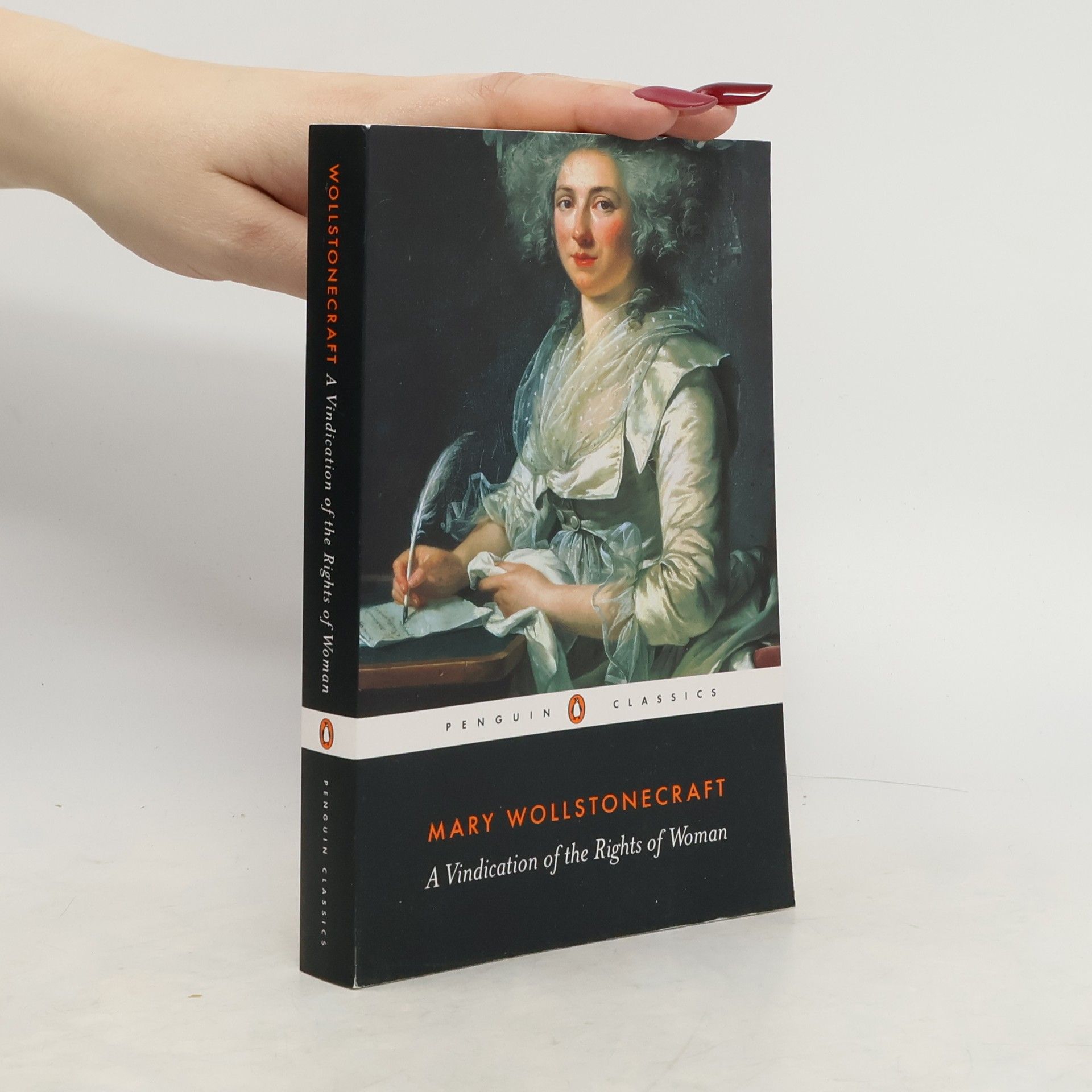First published in 1792, this book was written in a spirit of outrage and enthusiasm. In an age of ferment, following the American and French revolutions, Mary Wollstonecraft took prevailing egalitarian principles and dared to apply them to women.
Eileen Hunt Botting Knihy


Artificial Life After Frankenstein
- 306 stránok
- 11 hodin čítania
Artificial Life After Frankenstein examines the ethical and political implications of creating artificial life and intelligence in the 21st century, drawing on Mary Shelley's legacy. It poses critical questions about humanity's obligations to the artificial beings we create and the rights of these entities, whether they are advanced machines or genetically modified organisms. By engaging with Shelley's works, particularly Frankenstein and The Last Man, the book highlights the ethical dilemmas that arise from our technological advancements. Eileen Hunt Botting connects Shelley’s insights with modern political science fiction, challenging prevalent apocalyptic fears surrounding AI and genetic engineering. She addresses myths that artificial life will lead to destruction, showing how Shelley redefined concepts of apocalypse, nature, and love amid fears of technology undermining humanity. Through discussions of these themes, Botting illustrates how both Shelley and contemporary authors like H. G. Wells and Nnedi Okorafor have contributed to a techno-political philosophy that embraces the complexities of living alongside artificial creations. Ultimately, the book emphasizes the relevance of Shelley's ideas in navigating the ethics and politics of artificial life today.